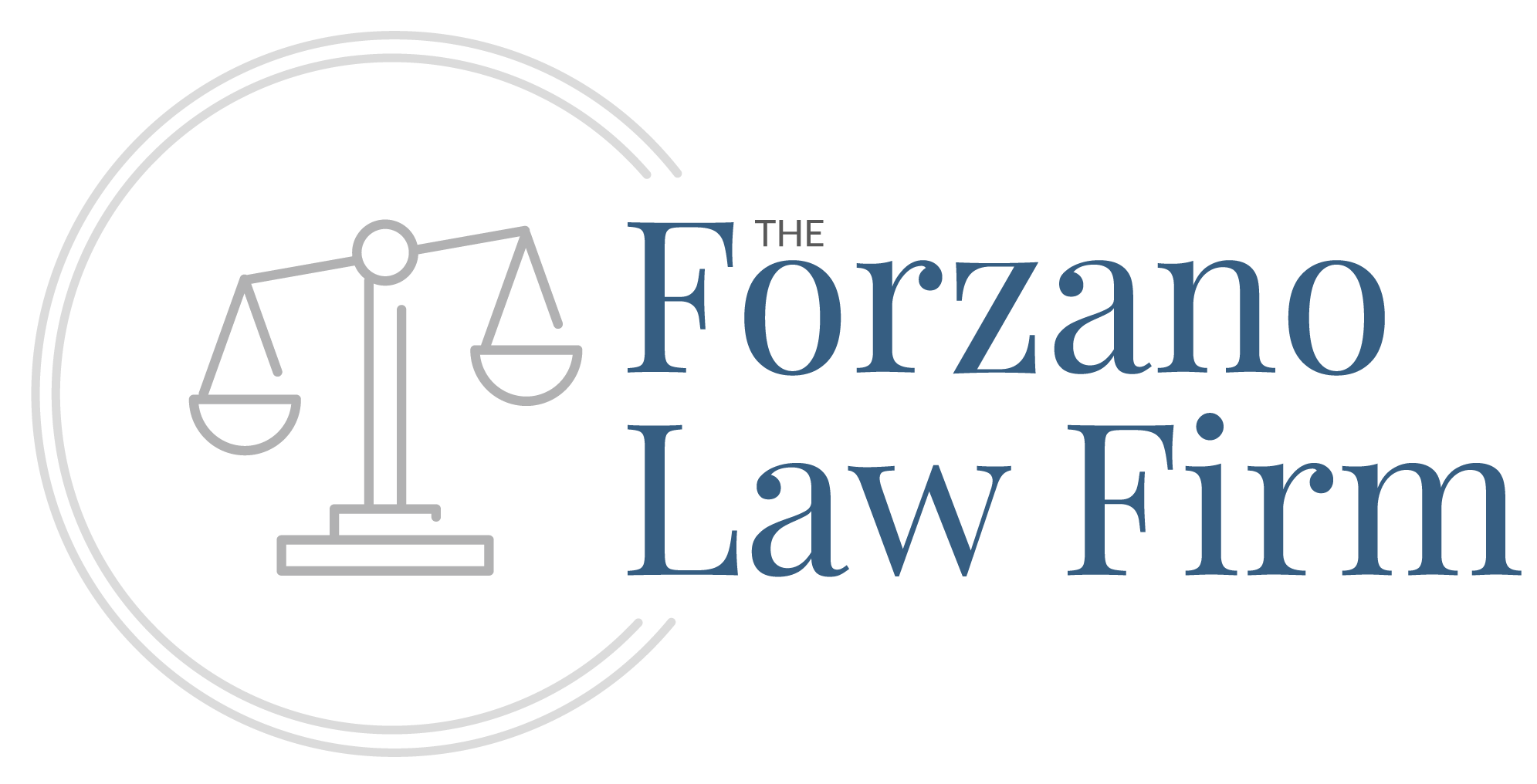Understanding Negotiation in Personal Injury Cases
Personal injury cases can be very stressful, overwhelming, and complicated. These types of cases can include automobile accidents, slip and falls, or other types of accidents that caused harm to an individual. Most people who are injured want to be compensated for their injuries, pain and suffering, and any expenses they may have incurred as a result of the accident. However, navigating the legal system to get that compensation is not always easy. This is where negotiation becomes important. In this blog, we will discuss why negotiation is important in personal injury cases, what the negotiation process entails, and how to get the compensation you deserve.

Why is Negotiation Important in Personal Injury Cases?
Negotiation is a critical part of the personal injury claims process. When an individual is injured, their primary goal is to be compensated for their injuries and losses. However, the insurance company or the party responsible may not want to pay the full amount that the injured person is entitled to. This is where negotiation comes in. Through negotiation, the injured party and the responsible party or their insurance company can come to an agreement about how much the injured person should be paid.
Negotiating A Personal Injury Settlement Begins With An Initial Offer
Settlement negotiation is the primary method of resolving personal injury cases. The settlement process usually begins with the injured individual’s lawyer submitting a demand letter to the insurance company or responsible party indicating the damages and the compensation they seek. Upon receiving the demand letter, the other party will likely counter with a lower amount. This process will continue until both parties agree on a settlement amount.
Damages That You Are Entitled To Receive For A Personal Injury Claim
In a personal injury claim, the damages that the injured party can seek include economic damages, non-economic damages and punitive damages. Economic damages refer to the actual financial loss suffered by the injured party, such as medical bills, loss of income, and property damage. Non-economic damages are the losses that cannot be quantified in monetary terms, such as pain and suffering, emotional distress, and loss of enjoyment of life. Punitive damages are seldom awarded but are meant to punish the defendant for their actions.
Five Factors That Impact The Negotiation Process For A Personal Injury Case
Negotiating with insurance companies is never an easy task, and there are certain factors that can impact the negotiation process. Here are five such factors in detail, so you can gain better insight into the negotiation process for a personal injury case.
1. Severity of Injury
The severity of your injury plays a significant role in the negotiation process. If you have sustained serious injuries that require long-term medical care and rehabilitation, the insurance company will likely have to pay a substantial amount of money. However, if your injuries are minor, the amount of compensation you receive may be proportionally less. Insurance companies use medical records, bills, and expert opinions to assess the severity of your injury, so make sure you have accurate and detailed documentation relating to your diagnosis and treatment.
2. Liability
Liability is another crucial factor in personal injury cases. If the insurance company determines that their client is liable for the accident, they will be more likely to negotiate a settlement in good faith. On the other hand, if there is a question of liability, they may try to blame you for the accident or minimize your injuries to pay as little as possible. To prove liability, you need to show that the other party was negligent or reckless, and their actions caused your injuries.
3. Economic Damages
Economic damages refer to direct financial losses you have faced due to the accident, such as medical bills, lost wages, and property damage. Economic damages are easier to quantify and calculate than non-economic damages, which include pain and suffering and emotional distress. However, insurance companies will often try to minimize the economic damages you have suffered to reduce the overall settlement value. Make sure you have receipts, bills, and pay stubs to prove your losses.
4. Non-Economic Damages
Non-economic damages are intangible, emotional losses that you have suffered due to the accident. This includes pain and suffering, loss of companionship, and emotional distress. Unlike economic damages, non-economic damages are not easy to quantify since they do not come with a specific bill. However, they can significantly impact the value of your settlement. Insurance companies will try to offer less money for non-economic damages, so it’s essential to present evidence of your pain and suffering, such as photos, diaries, or testimony from friends and family.
5. Negotiation Skills of Your Lawyer
Negotiation skills of your personal injury lawyer can make all the difference in the negotiation process. A seasoned attorney will have the necessary experience and knowledge to counter the tactics used by insurance companies to reduce the settlement value. They can help you navigate the legal process, negotiate the maximum compensation possible, and ensure that your rights are protected. With a competent attorney on your side, you can increase your chances of a successful settlement negotiation.
Consult with a Personal Injury Lawyer in Brooklyn Today!
Negotiation is critical in personal injury cases. It is the process that helps settle personal injury claims outside the court, saves time, and results in compensation for the injured party. Always work with an experienced attorney who can understand your case, negotiate skillfully, and ensure that you get maximum compensation. Contact Forzano Law Firm personal injury lawyers at (718) 372-1397 for a free consultation today.
